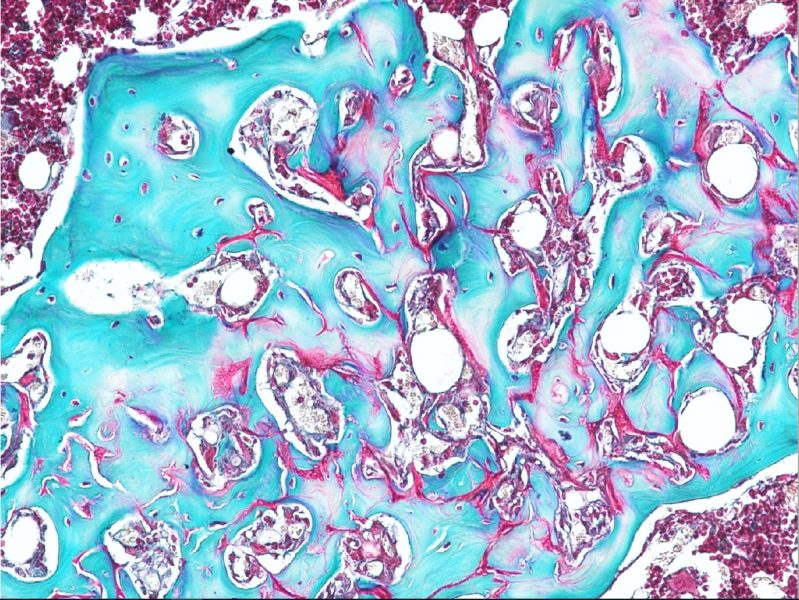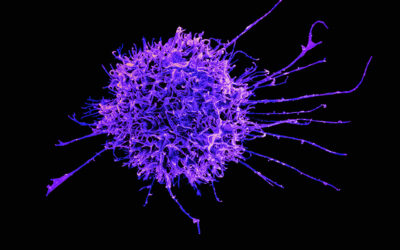Cell-based therapies to control and modulate the body’s immune response are a clinically proven life-saving treatment for patients with certain types of cancer. A subtype of immune cell, known as the T-cell, is the principal focus of multiple forms of cell-based therapies, as it has the capacity to generate a cancer-specific immune response.
Initial iterations of T-cell immunotherapy relied on the isolation and expansion of T-cells directly from the tumor. However, not all of these T-cells had the specificity to destroy cancer cells and, as a result, many early T-cell immunotherapies had highly variable success rates in treating tumors in clinical settings. Thus, it was necessary to engineer T-cells in order to improve the efficacy and success rates of these treatments.
The most notable engineered T-cell therapy is the chimeric antigen receptor (CAR) T-cell, which is used clinically to treat patients with B-cell lymphomas and is exemplary of potentially curative cell-based therapies.
Other examples of T-cell therapies include engineered T-cell receptors (TCRs) which allow for targeting cancer cells that do not have defined or unique targets and engineered hematopoietic stem and progenitor cells which allow for sustained in vivo generation of engineered T-cells. The clinical experience of using CAR T-cells and other T-cell based therapies have identified challenges to the widespread adoption of these therapies and provided a roadmap for the development of next generation of engineered T-cell therapies.
A WIREs Nanomedicine and Nanobiotechnology review highlights current research efforts to expand the breadth, efficacy, and accessibility of T-cell based immunotherapies via the development and enhancement of molecular engineering tools to better tune T-cell responses.
This includes notable advancements in CAR design and methodologies for rapid identification of cancer-antigen specific TCRs which allow for more precise control over the therapeutic target while reducing off-target toxicities.
In addition to the direct engineering of cells, the review examines materials-based systems to enable the directed delivery of synergistic factors to enhance in vivo function of engineered T-cells.
Kindly contributed by the Authors.

















